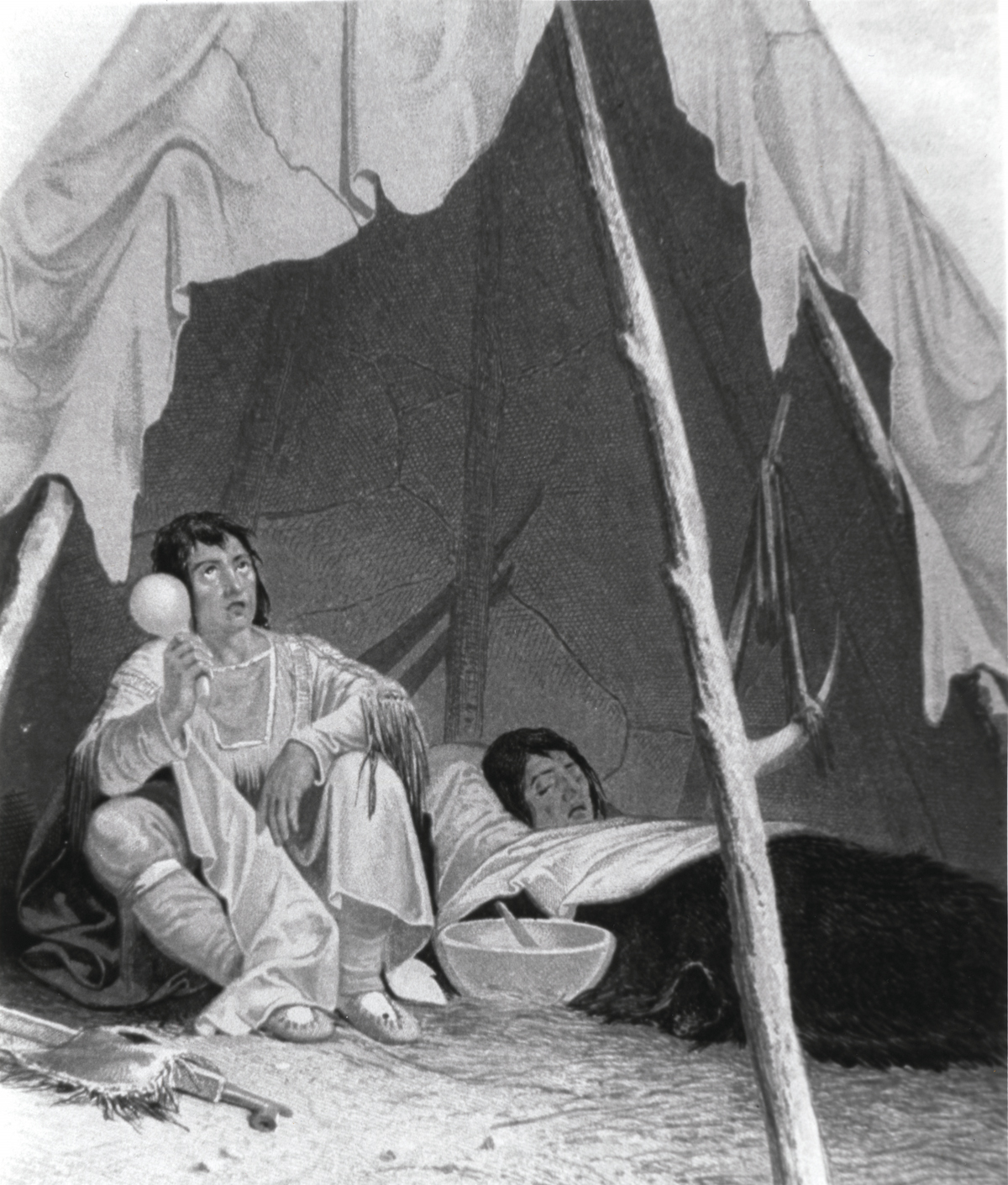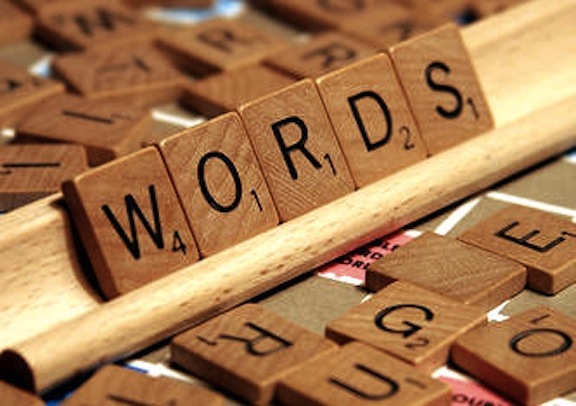A common characteristic of living in a dysfunctional society is to develop coping mechanisms that numb the effects of the daily dysfunction. As I see it, Ghana is a high-performing team in the dysfunctional Olympics. In fact, in recent times, the country has gained more points and is set to top the chart. Given how dysfunctional Ghana has managed to turn out after once being touted as the hope of Africa, Ghanaians have had to cope with this situation to keep sane. I have observed three coping mechanisms among Ghanaians: exit, indifference, and anger.
Ghanaians who cannot take it anymore and have the means or opportunity to exit leave for countries where things work. This does not include Ghanaians abroad who hope to return to a functioning society. To have that kind of desire is like living within the country. To cope by exiting means leaving the country physically, mentally, and emotionally, never hoping to return or engage meaningfully.
But to live in Ghana, the choice is often between indifference and anger. Being indifferent doesn’t always mean not caring. It is, in fact, a heart-breaking kind of faith in the country. It is a strong faith that nothing will change no matter how hard we try. Those who harbour a glimmer of hope, who believe that we have it in us to turn things around, are often angry at our collective lack of will to change the country. These are those who cope with anger. The offence is directed at fellow Ghanaians dealing with similar issues for taking it lying down. The latter believes that if we all gave up on the country, nothing would work us up, and we would live in comfort and make witty jokes about the country’s state.
What indifferent and angry Ghanaians have in common is the phrase “we are not angry enough”. While “we are not angry enough” was previously brandished by angry Ghanaians, in recent times, indifferent Ghanaians have co-opted the phrase as their mantra. This group stays aloof on social media and type out “we are not angry enough” anytime a scandal comes up and believe it or not, nothing makes this group of Ghanaians happier than bonding over how bad things are while sitting in the comfort of their homes. The latter group does not think living in a country that does not work is funny. They believe their power lies in numbers, and their lack of impact is only due to how few they are. Their goal then is to get indifferent Ghanaians to join their cause beyond typing out “we are not angry enough” on social media. This, however, proves futile as this group is determined to stick to activism only in online spaces and will not put their money where their mouths are. The approach of the latter group then is to rant about the state of the country every chance they get and blame the rest of the country for engaging in empty rhetoric. For them, only when we are incensed together will a particularly drastic change sweep through the country. But in the absence of real change, nothing is more frustrating to this group than seeing indifferent Ghanaians wield “we are not angry enough” on social media; a phrase they started using first! Their response then is a total rejection of the phrase “we are not angry enough” while mocking indifferent Ghanaians when they occasionally get angry because they have had a real bite of the dysfunctional system.
Ultimately, the system, the cause of the dysfunction, stays intact because nothing about our public discourse incentivises change. Our leaders (if we can still call them that) live in the comfort of half a populace who could care less about how they run the country because “Ghana is a lost cause” and an angry half who criticise aggressively but eventually give up because “we are not angry enough.”
“Ghanaians will talk,” a wise saying often deplored to encourage the politically inept, is used to assure politicians that it will not get worse than “mere talking” despite their ineptitude. After all, sticks and stones break bones, right? So essentially, our leaders only need to develop a tough skin, a dead goat syndrome, that will inoculate them from our occasional harsh criticisms.
To make any meaningful impact, young people, the demographic most affected by the country’s state, must be more strategic. It cannot be that the only options available are to either leave the country, become immune to the dysfunction, or live in perpetual anger. As cliched as this may sound, young people must be involved in politics. The conversation should be more collaborative. Can we get together to campaign against members of parliament who vote a certain way in parliament and make them take responsibility for their actions? Can we organise to have someone run for a seat in parliament to shake up the system from within? Can we form voting blocks that make it impossible for traditional parties to win elections without our support?
I know these questions raise more questions rather than answers. Still, if all the anger on Twitter or Facebook is directed towards ensuring that one MP loses a primary or a national election, it will signal what we are capable of beyond typing “we are not angry enough”.





